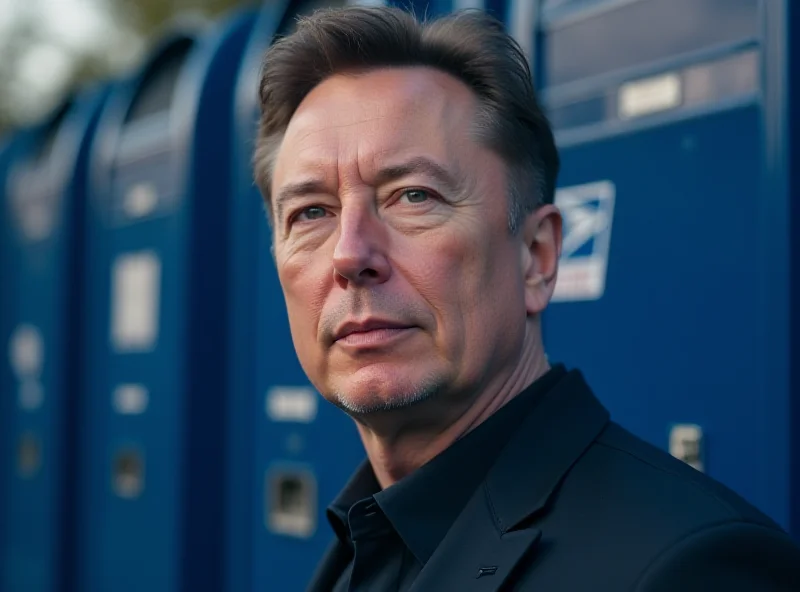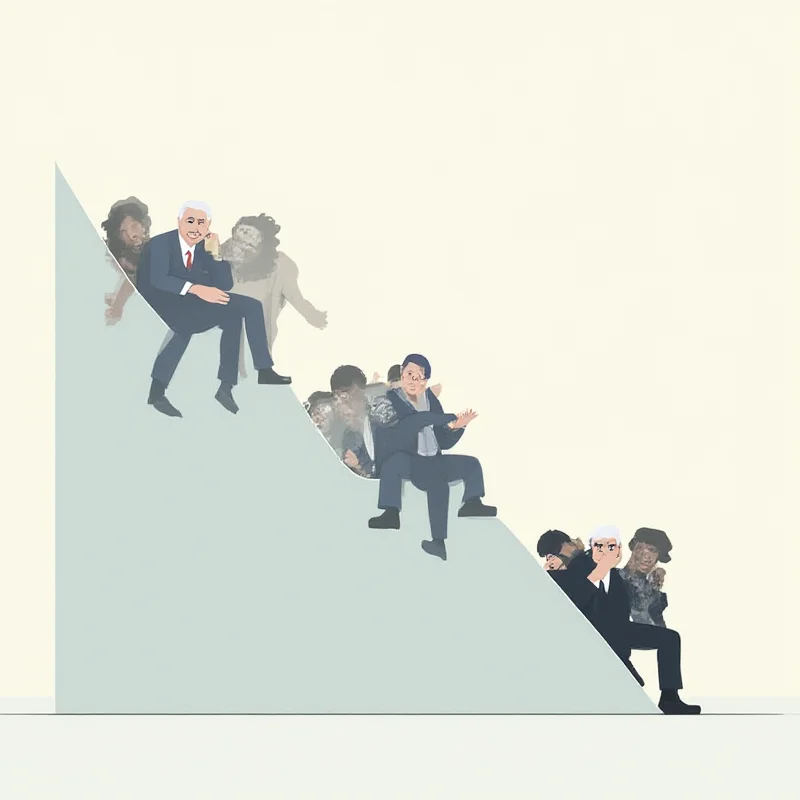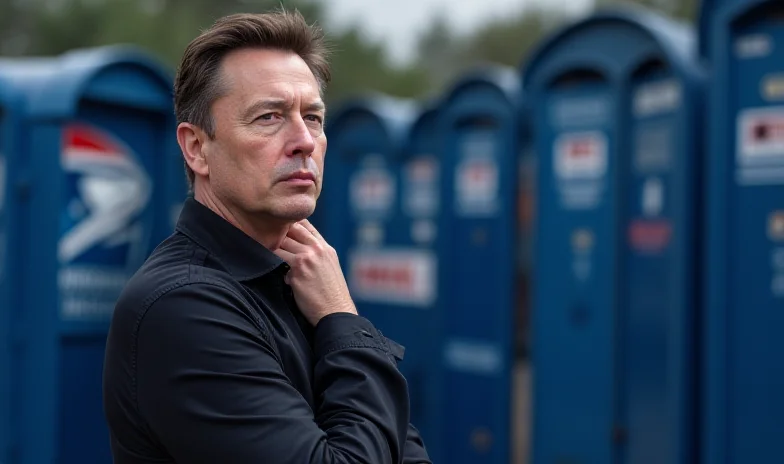A whirlwind of economic news has emerged, touching on everything from postal services to energy infrastructure and the looming specter of a potential economic slowdown. Let's break it down.
Musk's Privatization Push and Denmark's Delivery Drop
Elon Musk, never one to shy away from a bold statement, has once again stirred the pot. This time, he's advocating for the privatization of the United States Postal Service (USPS). "The US should try to privatize everything we possibly can, including the United States Postal Service (USPS)," Musk stated, reigniting a long-standing debate about the role of government in essential services.

Meanwhile, across the Atlantic, Denmark is taking a drastically different approach. The Scandinavian nation is cutting its letter-delivery service altogether. This move reflects the changing times and the decline in traditional mail volume as digital communication continues to dominate.
"The market and the economy have become hooked on government spending, so there will be a detox period." - Treasury Secretary Bessent
Alaska Pipeline Partnership on the Horizon?
In other news, former President Donald Trump has suggested a potential partnership between the United States, Japan, and South Korea for an Alaska pipeline project. According to reports, US officials have discussed the idea with Seoul and Tokyo. However, it's important to note that no concrete agreement has been reached at this point. While the prospect of such a collaboration could have significant implications for energy security and economic cooperation in the region, details remain scarce.

Economic Detox and Potential Slowdown
Adding a note of caution to the mix, Treasury Secretary Bessent has warned about a potential economic slowdown in the United States. Bessent suggests that the market and the economy have become overly reliant on government spending. As public expenditure decreases, a "detox period" is anticipated, which could lead to a slowdown. This highlights the challenges of transitioning from a government-supported economy to one that is more self-sustaining.

These developments paint a complex picture of the current economic landscape. From debates about privatization to potential international collaborations and concerns about economic stability, it's clear that the global economy is in a state of constant flux. Investors and policymakers alike will need to carefully navigate these challenges to ensure a prosperous future.
